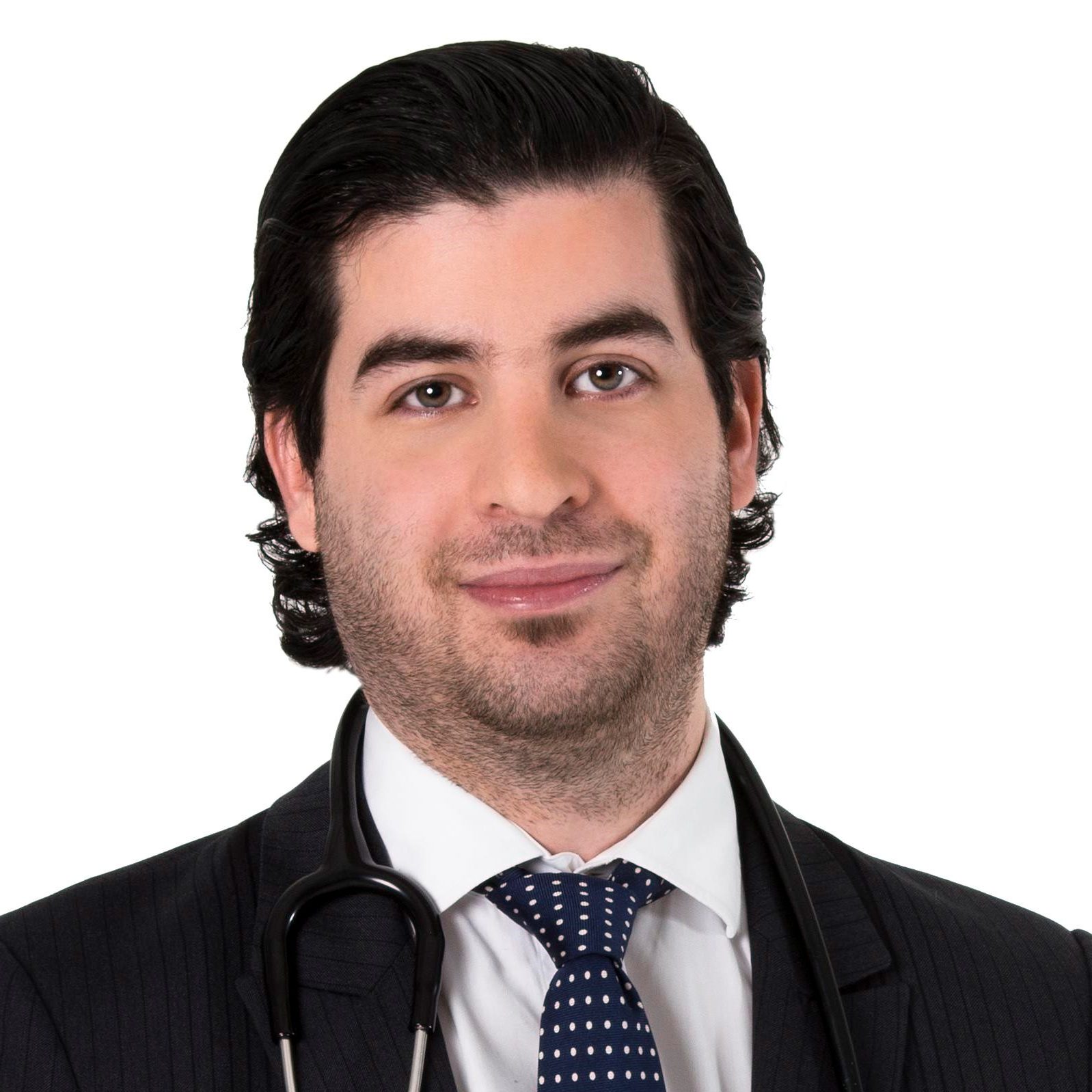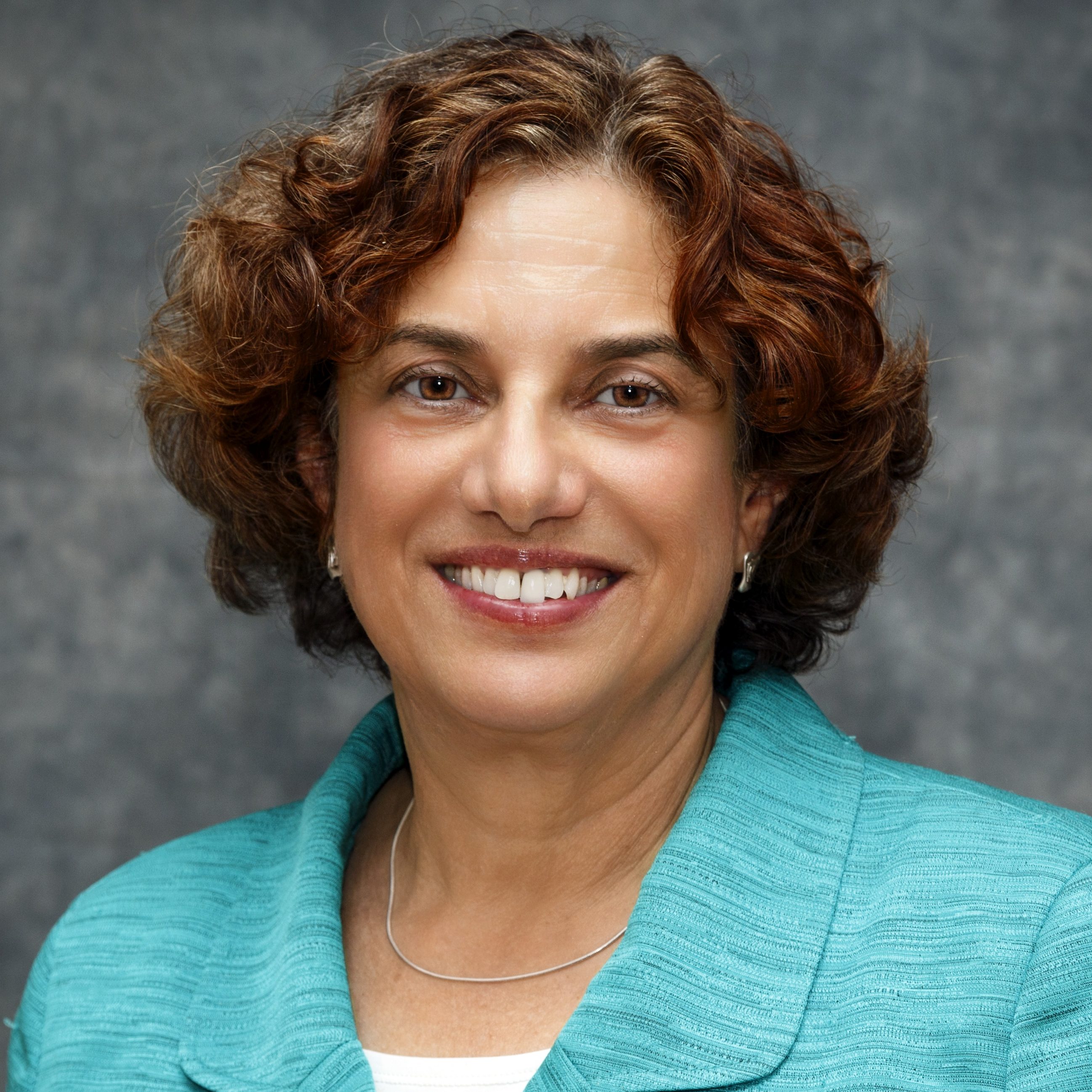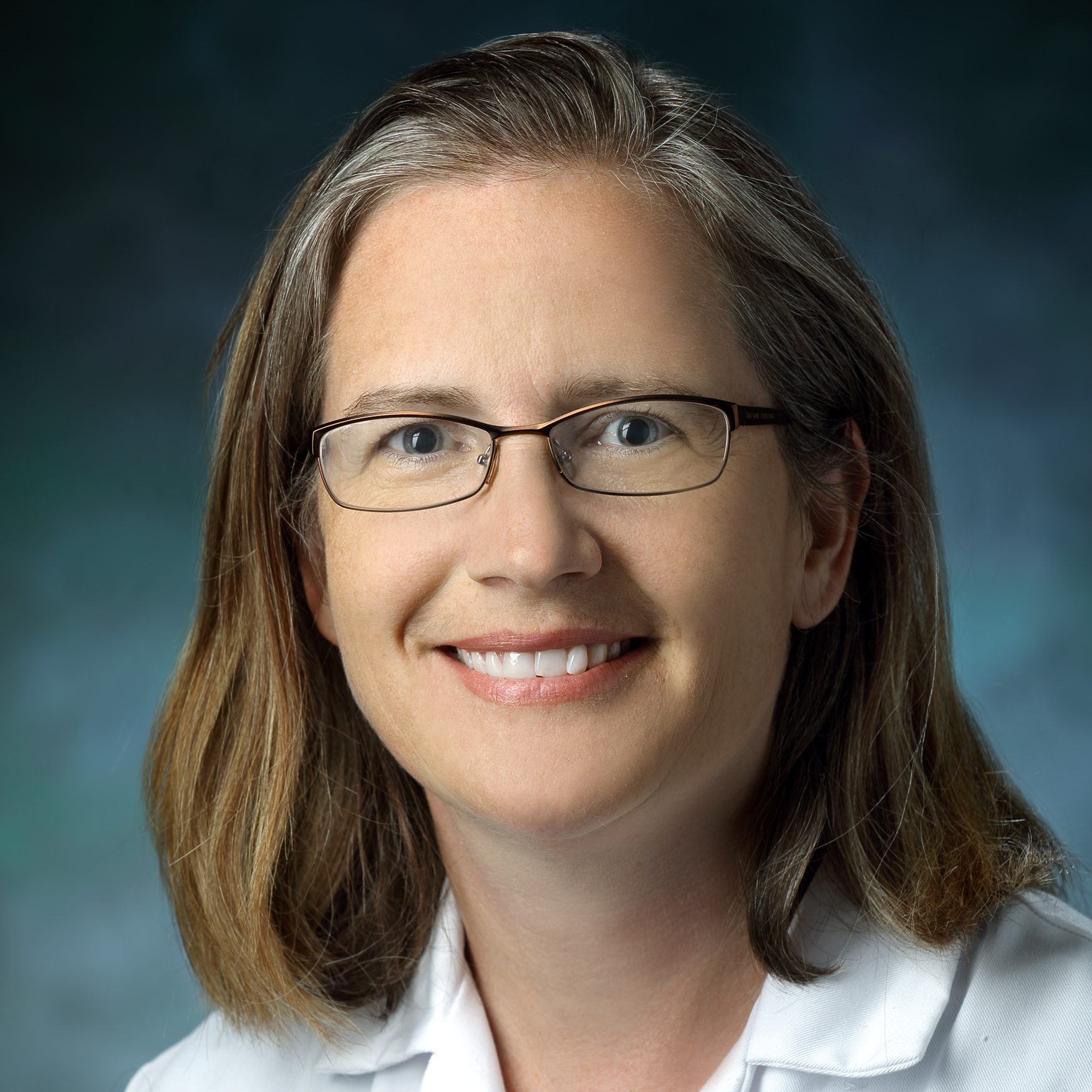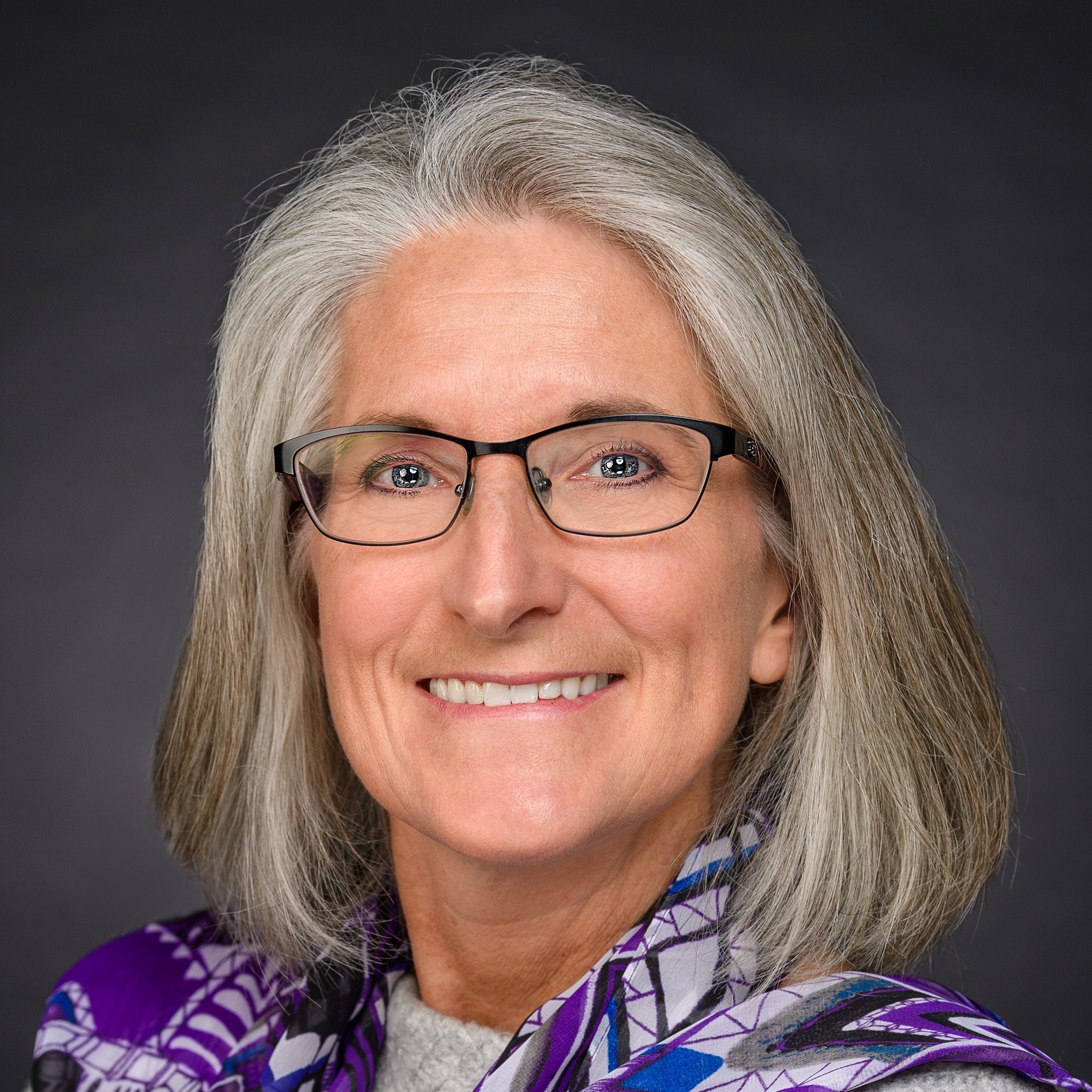October 20, 2020 | 1:00 PM ET
The Future of Health Care:
Caring for Polychronic Populations
Overview
Polychronic patients have multiple chronic diseases, one of which impacts their quality of life. And this populations is growing rapidly. The Partnership to Fight Chronic Disease estimates polychronic patients – those with three or more chronic diseases — is projected to nearly triple from 30.8 million patients in 2015 to 83.4 million patients by 2030. Treating this population adds complexity to an already fragmented healthcare system. Polychronic patients tend to have longer hospital stays and higher readmission rates, which often results in lower patient satisfaction. We’ll explore the demographics of this group and innovative ways to reduce data fragmentation and provide a holistic care approach while containing costs.
Agenda
October 20 - Tuesday
Welcome Remarks
-
Drew Armstrong
Senior Editor, U.S. Health Care, Bloomberg
Speakers
-
Wyatt Decker, M.D.
CEO, OptumHealth
Understanding the Polychronic Population
One in three adults in developed countries suffer from polychronic conditions, a proportion that rises to three in four among senior citizens, according to the Agency for Healthcare Research and Quality. As a widespread public health phenomenon, polychronicity presents serious challenges and costs for both patients and the healthcare system. What are the demographics of polychronic patients? How can care providers optimize prescriptions and prevent adverse reactions from multiple drugs and therapeutics? How can healthcare providers efficiently track the care and costs of patients with co-morbidities across multiple care providers? We’ll discuss the prevalence of multichronic conditions in the healthcare system.
Speakers
-
Arlene S. Bierman, M.D., M.S.
Director, Center for Evidence and Practice Improvement, Agency for Healthcare Research and Quality
-
Cynthia Boyd, M.D.
Professor of Medicine and Interim Director, Division of Geriatric Medicine and Gerontology, Johns Hopkins University School of Medicine
-
Michael Steinman, M.D.
Professor of Medicine, University of California, San Francisco and San Francisco VA Medical Center
Moderator
-
Michelle Fay Cortez
Medical Science and Tech Reporter, Bloomberg
Innovative Approaches to Polychronic Care
Data analytics can aid personalized care for polychronic patients. The increased adoption of telehealth services and use of wearable technologies empowers polychronic patients and provides real-time data to clinicians. As health care providers work to proactively identify polychronic patients, how can we leverage data inputs to create holistic and comprehensive treatment plans? What are the best technologies to improve communication within the healthcare system to improve patient outcomes? What are the best ways to address technology gaps for poor, rural or other underserved populations? We’ll discuss ways to innovate care delivery models to ensure better system connectivity.
Speakers
-
Omar Baker, M.D., F.A.A.P.
Executive Vice President, Strategic Initiatives & Innovation, and Chief Medical Officer, Health Services, OptumHealth
-
David Kent, M.D., M.S.
Director of the Tufts Predictive Analytics and Comparative Effectiveness Center at the Institute for Clinical Research and Health Policy Studies, Tufts Medical Center
-
Rozalina McCoy, M.D., M.S.
Associate Professor of Medicine, Division of Community Internal Medicine, Mayo Clinic Robert D. and Patricia E. Kern Center for the Science of Health Care Delivery
Moderator
-
Drew Armstrong
Senior Editor, U.S. Health Care, Bloomberg
Closing Remarks
Speakers

Omar Baker, M.D., F.A.A.P.
Executive Vice President, Strategic Initiatives & Innovation, and Chief Medical Officer, Health Services OptumHealth
Arlene S. Bierman, M.D., M.S.
Director, Center for Evidence and Practice Improvement Agency for Healthcare Research and Quality
Cynthia Boyd, M.D.
Professor of Medicine and Interim Director, Division of Geriatric Medicine and Gerontology Johns Hopkins University School of Medicine
David Kent, M.D., M.S.
Director of the Tufts Predictive Analytics and Comparative Effectiveness Center at the Institute for Clinical Research and Health Policy Studies Tufts Medical Center
Rozalina McCoy, M.D., M.S.
Associate Professor of Medicine, Division of Community Internal Medicine Mayo Clinic Robert D. and Patricia E. Kern Center for the Science of Health Care Delivery
Michael Steinman, M.D.
Professor of Medicine University of California, San Francisco and San Francisco VA Medical CenterDrew Armstrong
Senior Editor, U.S. Health Care Bloomberg
Michelle Fay Cortez
Medical Science and Tech Reporter Bloomberg
Wyatt Decker, M.D.
CEO OptumHealthSponsor

Optum
Optum is a leading information and technology-enabled health services business dedicated to helping make the health system work better for everyone. With more than 180,000 people worldwide, Optum delivers intelligent, integrated solutions that help to modernize the health system and improve overall population health. Optum is part of UnitedHealth Group (NYSE:UNH). For more information, visit optum.com/business